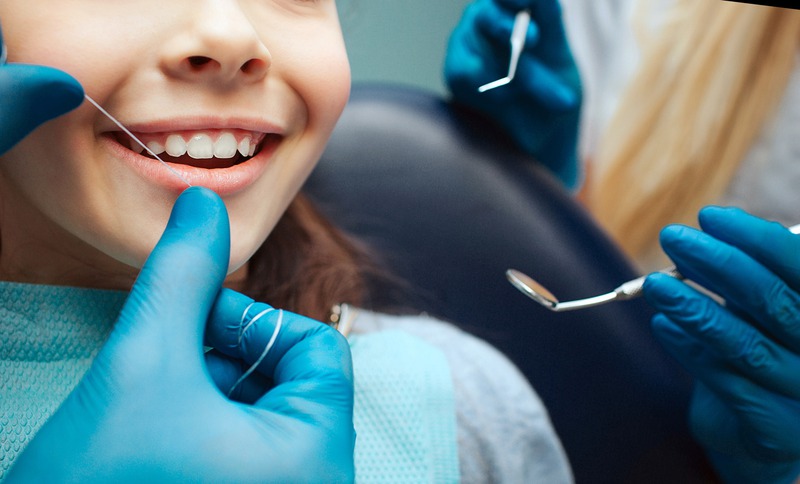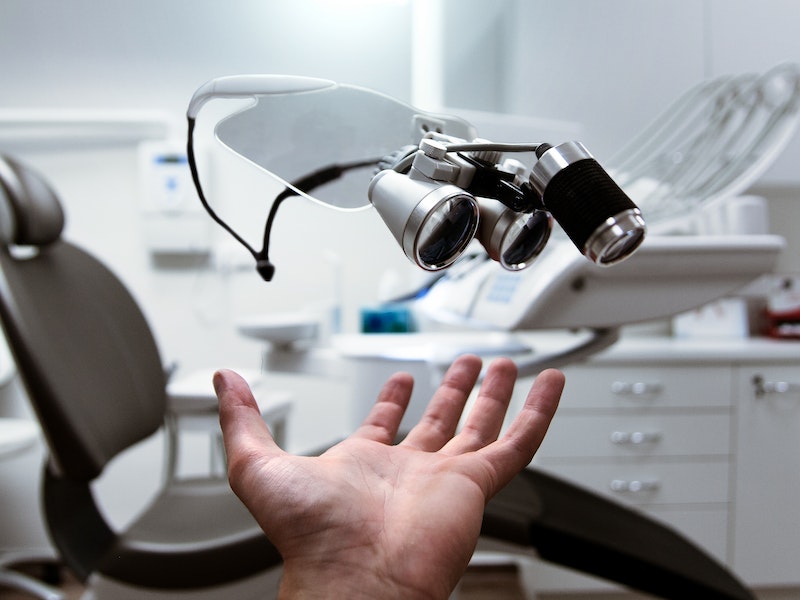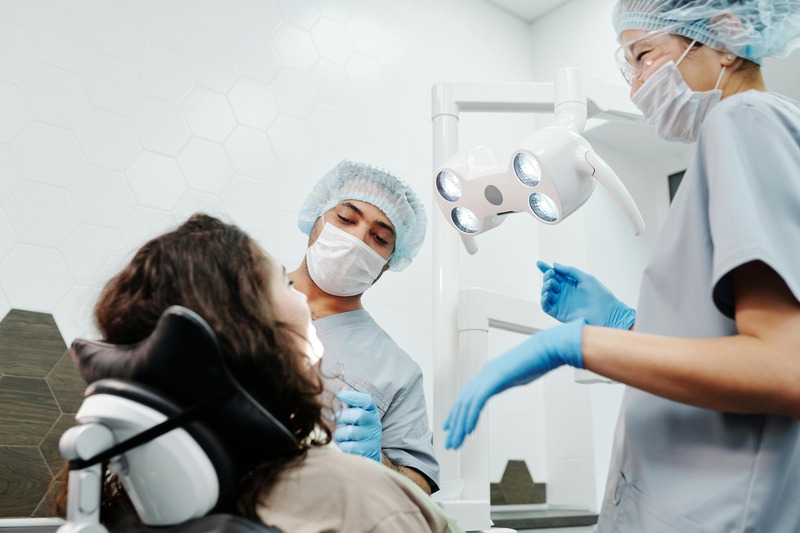
What Dental Problems Can a Cleft Palate Cause?
A cleft palate, an opening in the roof of the mouth due to incomplete fusion during early fetal development, can have significant implications for dental health. This condition is not just a cosmetic concern; it can lead to a variety of dental issues that require attention right from infancy into adulthood.
Understanding the dental challenges associated with a cleft palate can help individuals and caregivers prepare for the necessary care. Let’s delve into some of these problems and how they can be addressed responsibly.
Challenges in Tooth Development
Initially, a cleft palate can affect the normal development and eruption of teeth. Those with a cleft palate may experience:
-
Irregular tooth formation: Teeth near the cleft may develop abnormally or not at all.
-
Displacement: A tooth might erupt out of position or be displaced due to the gap in the palate.
-
Extra or missing teeth: It’s common to have extra (supernumerary) or missing (hypodontia) teeth near the cleft area.
Impaired Dental Alignment and Occlusion
The impact on alignment can be extensive, leading to:
-
Crooked teeth: Misalignment is typical because teeth do not have a proper pathway to erupt.
-
Malocclusion: The jaws may not align correctly, causing bite issues.
Increased Risk of Dental Decay and Gum Disease
Those with a cleft palate often face a higher risk of dental decay and periodontal issues due to:
-
Difficulty cleaning: The shape and structure of the mouth can make thorough cleaning challenging.
-
Plaque accumulation: More crevices and hard-to-reach places increase the likelihood of plaque and tartar build-up.
Challenges in Achieving Oral Hygiene
Consistent oral care practices can be particularly tough for individuals with a cleft palate, partly because:
-
The aperture’s physical barriers may complicate personal dental care routine.
-
Professional teeth cleaning sessions may need to be more frequent due to the propensity for plaque buildup.
Speech and Eating Difficulties
Complications in speech and mastication are common:
-
Speech issues: A cleft palate can cause nasality in the voice and articulation difficulties.
-
Feeding problems: Eating can be messy and challenging, and children may need specialized feeding equipment.
Special Dental Services
Individuals with a cleft palate might require specific types of dental services, such as :
-
Pediatric dentistry: Expert care right from infancy is crucial.
-
Orthodontic surgery Surrey: Procedures to correct jaw and teeth malalignments.
Preventive Measures and Regular Check-ups
Preventive dentistry plays a vital role, and regular check-ups can help in:
-
Gum disease prevention: Identifying early signs of periodontal issues is important.
-
Tooth decay prevention: A dental healthcare professional can help protect against cavities.
-
Routine dental check-ups: Regular visits are vital for ongoing assessment and timely interventions.
Visiting the Dentist
For people with a cleft palate, seeing a dentist who understands their unique needs is essential. Providers such as Guildford Orthodontics often have experience dealing with these specific challenges and ensuring comprehensive and compassionate care. From an oral health check to advising on home dental care, such professionals play a key role in managing the dental health of those with a cleft palate.
Orthodontic Treatments and Corrective Surgery
Straightening teeth and correcting jaw alignment are often necessary with:
-
Braces: To guide teeth into proper alignment over time.
-
Corrective jaw surgery: This can improve chewing, speaking, and overall appearance.
Dental Care and Braces for Adults
Treatment for a cleft palate doesn’t end in childhood. Many adults may also need:
-
Adult braces: These can realign teeth and improve dental function later in life.
-
Cosmetic dentistry: Can address aesthetic concerns and boost confidence.
Dental Healthcare Financing
Navigating the financial aspects involves understanding the following:
-
Affordable dental services: Options are available to help manage the costs of treatment.
-
Dental insurance: Coverage can differ, so it’s important to know what procedures are included.
-
Family dentistry: Integrating services for the whole family may offer some financial benefits.
The Importance of a Solid Dental Care Routine
For individuals with a cleft palate, maintaining a diligent dental care routine is instrumental in preventing future problems. This includes:
-
Dental exam and cleaning: Regular professional assessments can catch issues early.
-
Dental hygiene tips: Education on specific techniques for cleaning a cleft palate is beneficial.
-
Emergency dental service: Knowing where to turn in case of a dental emergency is crucial.
Long-Term Oral Health Management
Lastly, managing oral health over the long term involves:
-
It is important to understand the impact of a cleft palate on oral health throughout different life stages.
-
We are staying informed about the latest dental healthcare practices and developments.
-
I am building a relationship with dental care providers who specialize in or are familiar with treating patients with cleft palates.
To End
Living with a cleft palate presents unique dental challenges that require attentive and specialized care. From tooth development issues to the need for ongoing orthodontic treatments, these complex concerns highlight the significance of routine dental check-ups, professional cleaning, and a robust dental care routine.
Emphasizing preventive dentistry and armed with knowledge about available services, individuals with a cleft palate can navigate these challenges and maintain good oral health. Finding the right dental professionals can make all the difference in managing these concerns effectively and ensuring a bright, healthy smile.










